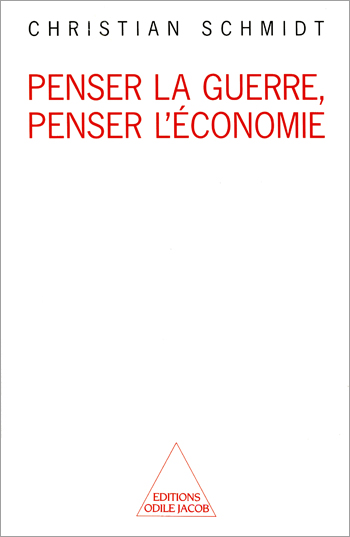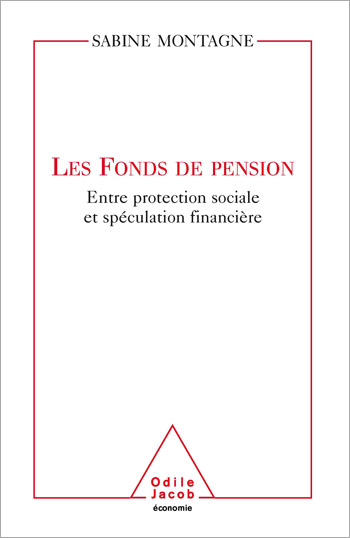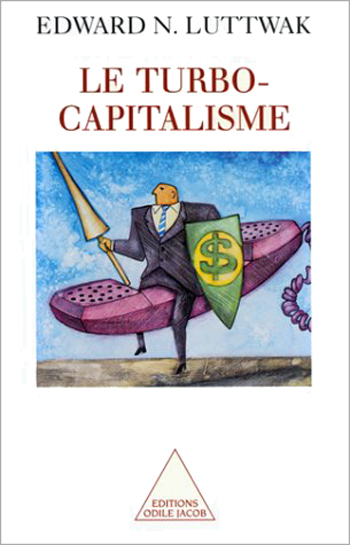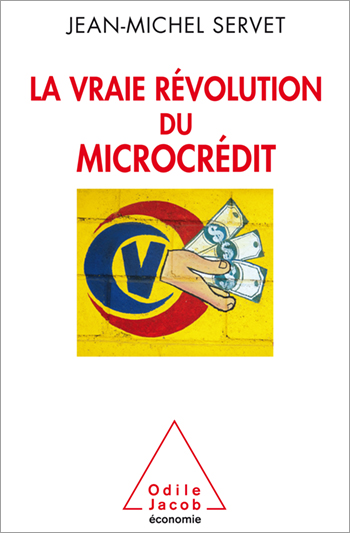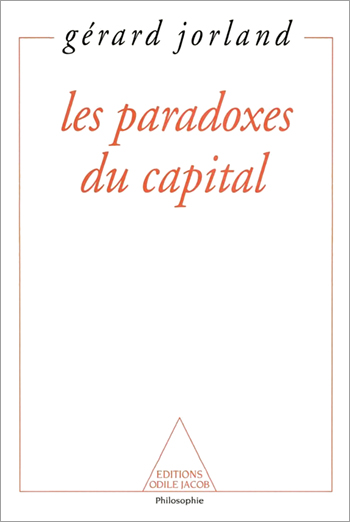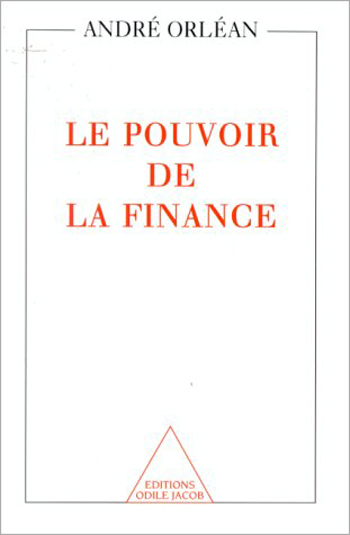Economics and Finance All books
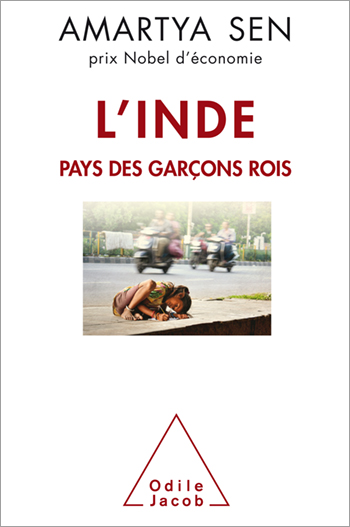
Amartya Sen
The Land Where Boys Are Kings
A universal message taking India as a case study . A message of universality and openness that applies also to Europe in these times of nationalism and the rise of extreme politics.

Jacques Lesourne, Denis Randet
Research and Innovation in France FutuRIS 2010
A standard work for an understanding of innovation in France and of the means at its disposal...
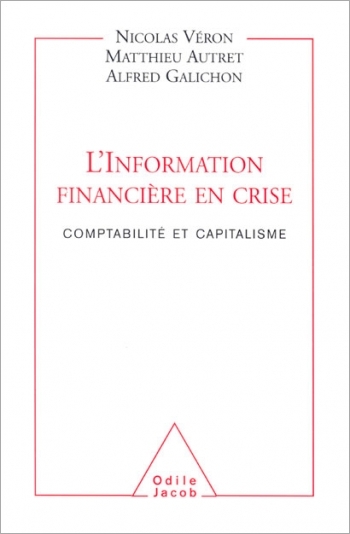
Nicolas Véron, Matthieu Autret, Alfred Galichon
Crise in Financial Information Accounting and Capitalism
Enron, Andersen, Worldcom: although these companies have stopped dominating the headlines, the shock waves they sent through the business community in 2002 have not yet subsided. The belief that accounting is an exact science has been shattered, while economic relations are upset by the knowledge that financial information may be untrustworthy. Yet the market economy profoundly requires relevant and reliable information about the activity and financial situation of businesses. Taking into account the increasing strength of capital markets and international investors, the authors outline the basic elements that could constitute a new, balanced system of accounting that would accompany the necessary changes in capitalism, particularly in France and the rest of Europe. Nicolas Véron, an engineer and high-ranking civil servant, is the founder of Etudes et Conseil pour l'Information Financière (ECIF). Matthieu Autret is an expert currently working for the European Commission. Alfred Galichon is a doctoral candidate in economics at Harvard University.

Pascal Salin
True Liberalism A Critical History of Economic and Fiscal Policies
A notable figure of liberalism in France, Pascal Salin is former president of the Société du Mont-Pèlerin, and is the author of many seminal works on liberalism.
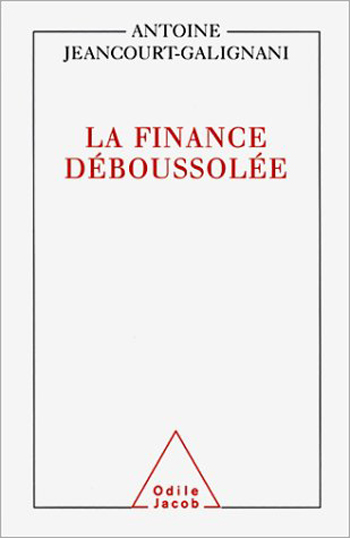
Antoine Jeancourt-Galignani
Disorientated Finance
This book analyses the events that shook French and international finance during the last twenty-five years of the twentieth century. In a straightforward style, eschewing all clichés, the author shows why Pierre Bérégovy was instrumental in bringing about the revolution in French finance, how Edouard Balladurs closest followers created a caste which is now in control of upper management, and how they prevented the creation of pension funds in other words, how they prevented the realisation of the Gaullist dream of participation and finally, how and why U.S. banks have managed to take over financial control of large French businesses. Antoine Jeancourt-Galignani is now chairman of the board of directors of GECINA.
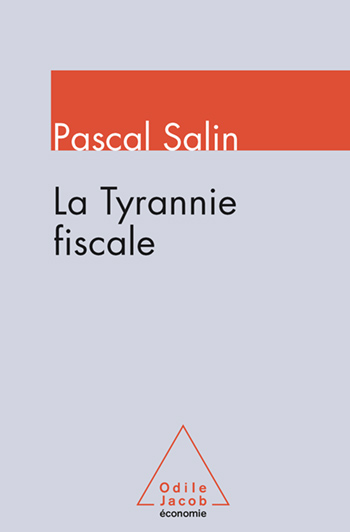
Pascal Salin
Tax Tyranny
Some radical recommendations by an eminent economist for an end to the arbitrary and destructive nature of French fiscal policy
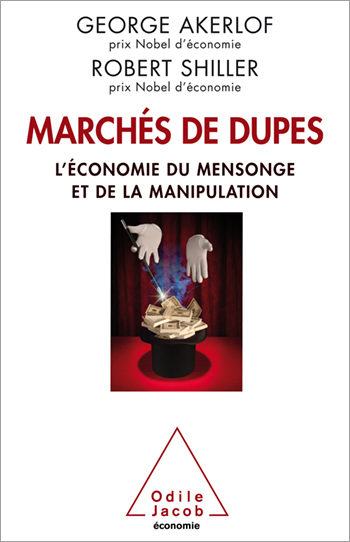
George Akerlof, Robert Shiller
Phishing for Phools The Economics of Manipulation and Deception
Deception lies at the heart of the economy

Alain Peyrefitte, Raymond Boudon, Pierre Chaunu
Values and Modernity Expanding on Alain Peyrefitte
With The Society of Confidence, and Of the Economic Miracle, Alain Peyrefitte has illustrated that growth is not primarily founded on the material wealth of a nation, capital, or even on work. Development is intrinsically linked to mentalities and values, which are the essential elements of economic, political and social modernity. Using this thesis as a starting point, the Institute of France organised a conference which brought together economic and technological historians, sociologists, criminologists, and experts from across the world, amongst which were R.Boudon, S.Eisenstadt, D.Landes, and S.Lipset. The wide spectrum of debate runs from the history of religious mentalities (P. Chaunu, J.Delumeau), to penal philosophy (D. Szabo). The comparative outlook of this book allows the reader an insight into the hidden depths of confidence, from Switzerland (J.-F. Bergier), to Japan (Terushi Hara), right through to the Third World (P. Moussa).

Christian Stoffaës
Ends of Worlds
An economic pulse sustains life in the modern world. C. Stoffaës investigates the highs of economic boom and the lows of paralyzing depression. He presents an historical survey of our dominant technological and mental structures from Keynes to Schumpeter, from the steam engine to the microchip, from the American golden age to the new Pacific prosperity.
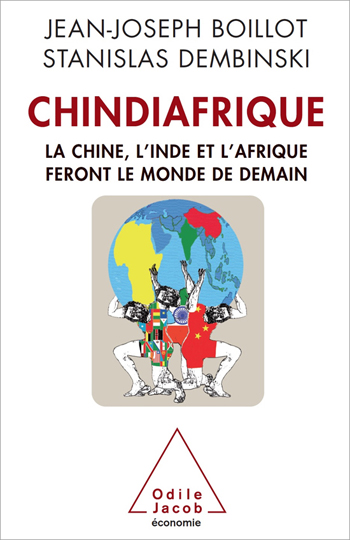
Jean-Joseph Boillot, Stanislas Dembinski
Chindiafrique The Three Giants That Will Make Tomorrow’s World
An indispensable essay on future economic trends for anyone wishing to understand tomorrow’s world
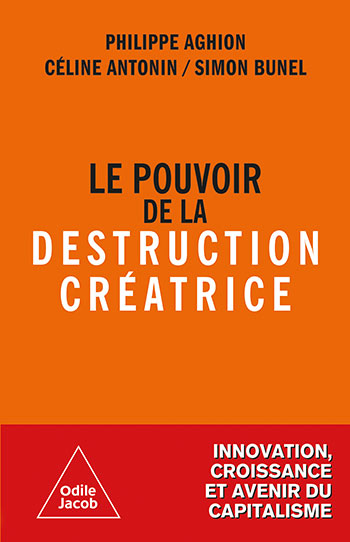
Philippe Aghion, Céline Antonin, Simon Bunel
The Power of Creative Destruction A publishing event in Economics!
This book brings together five years of courses at the Collège de France and more than thirty years of research and instruction on “the economy of creative destruction.” It is Philippe Aghion’s seminal work.
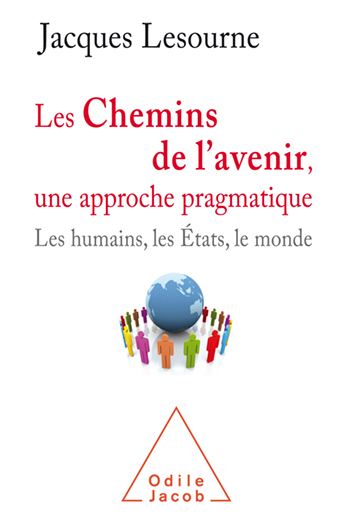
Jacques Lesourne
A Pragmatic Approach to the Way of the Future How can we innovate and bring about change in society?
The originality of the author’s method, i.e. drawing the outlines of the world of tomorrow, and based on this futurist perspective, defining the changes that need to be made.

Yves Michaud, Valérie Julien Grésin
Digital Mutation, and the Human Responsibility of Leaders
This book responds to a need being expressed increasingly within corporations to find the tools for reflection and discernment.
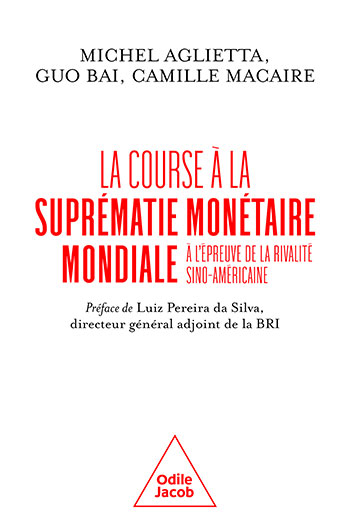
Michel Aglietta, Guo Bai, Camille Macaire
The End of the Hegemony of the Dollar
Fascinating developments on the most innovative elements of Chinese finance and its digital economy.
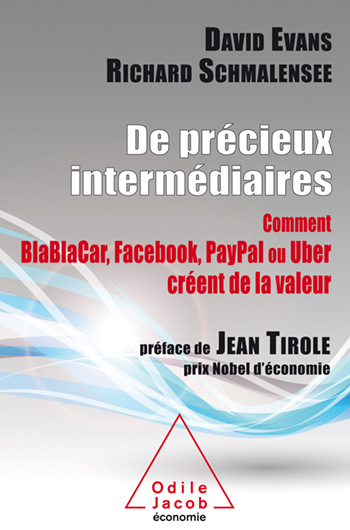
David Evans, Richard Schmalensee
The New Middlemen How Airbnb, BlaBlaCar, Uber and the rest are changing the economy
“Stimulating and rigorous, everyone — students, entrepreneurs and all those who just want to understand how our economy is evolving — should read this book.” Jean Tirole. The book masterfully articulates a strategic analysis of economic theory, making it far easier to grasp.

Jacques Lesourne
Europe at Its Twilight? A prospective Essay
What are the strategies that can halt Europe’s decline?

Jean-Michel Severino, Jérémy Hajdenberg
Afrique entreprise Africa invents its own growth model
A richly illustrated book, which intelligently combines a detailed examination of companies and business sectors with a macroeconomic approach to strengths and weaknesses of growth.
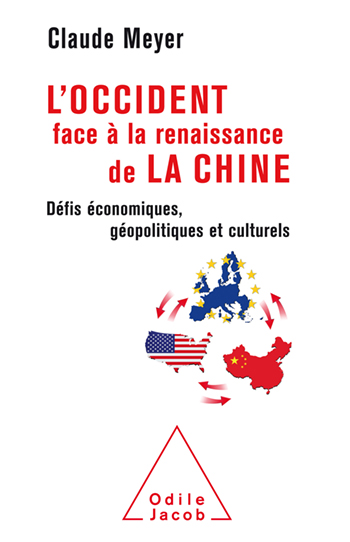
Claude Meyer
West and the rebirth of China
It is the first time in history that a country/continent, with such a large population, is in a position to impose its supremacy on the rest of the planet. The stakes are enormous!

Erik Brynjolfsson, Andrew McAfee
The Second Machine Age Work, Progress, and Prosperity in a Time of Brilliant Technologies
A fundamentally optimistic book, The Second Machine Age will alter how we think about issues of technological, societal, and economic progress.
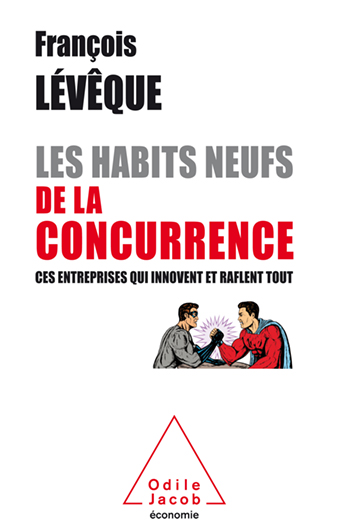
François Lévêque
Imperfect Competition
A very wide diversity of examples taken from all sectors. Very educational, well written, and easy to understand, this book is also an economics lesson for Dummies.
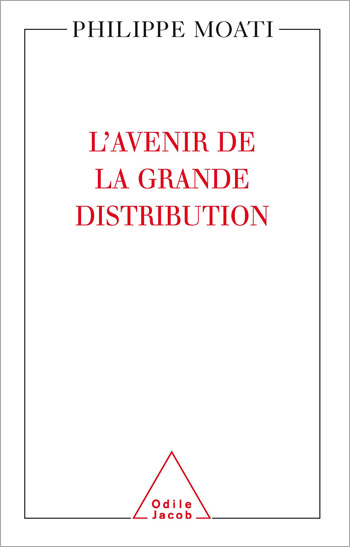
Philippe Moati
The Future of Large-Scale Distribution
Few phenomena have changed our urban centres as much as the birth of large-scale distribution: our towns ans cities have been transformed, as have our methods of purchasing, and even our places of social interaction have moved. This is perhaps only the beginning. In this book, Philippe Moati reviews the development of large-scale distribution during the three decades of prosperity that followed World War II and the economic crisis that succeeded them. He analyses the problems encountered by large-scale distribution today and examines the development strategies that are currently being put into practice and the revolutions which are perhaps to come. Philippe Moati teaches economics at the University of Paris-VII and is a director of research at CREDOC.

